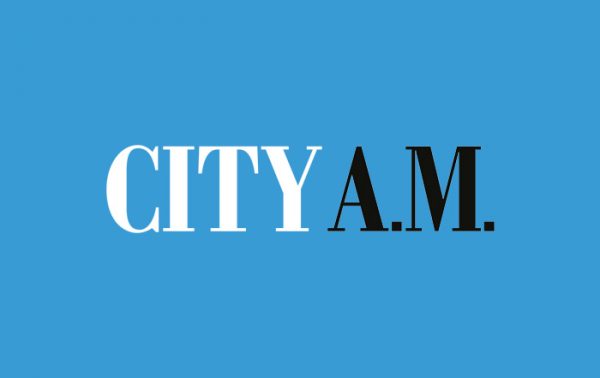This article was first published in CityAM
When my colleague and I published a book entitled “The Death of Liberal Democracy?” in August 2016, many friends were shocked that we would dream up such a title. It was near sacrilegious.
A couple of weeks back, in an interview with the Financial Times, Vladimir Putin declared liberalism obsolete. A torrent of outraged commentary flooded every corner of the press, the blogosphere, and all other conceivable outlets.
And therein lies the problem.
In what today passes for political debate, outrage has replaced thoughtfulness and self-reflection….







My take is that national liberalism has been steadily eroded by various forms of supranational liberalism, especially EU liberalism which seeks to dismantle national liberal democracy in order to maintain the integrity of the EU Treaties and the all pervasive single market.
This erosion of national liberal democracy at the alter of a social market economy reduces freedom of choice regarding policy instruments and frameworks and inculcates institutional bias towards political forms of liberalism which focus predominantly on divisive group identity politics rather than on a shared free choice platform of debate and dialogue.
In short, economic liberalism at the supranational level has infantiled political liberalism at the national level as market based fundamentalism in the form of supranational neoliberalism has removed freedom of choice and narrowed political liberalism to what sustains a market based rules system.
Liberalism works best without the imposition, forced or otherwise, of democratically unaccountable external systems which narrows freedom of choice and thought, even if that imposed system is a form of liberalism.
Hence the paradox of liberalism is that an imposed form of liberalism will eventually erode the core values of liberty, equality and fraternity which in turn erodes the core principles of the right to life, liberty and the pursuit of happiness.
To rescue liberalism, liberty and freedom of choice (from itself), imposed external systems which do not facilitate liberty and freedom of choice need to be removed which in the case of the UK requires leaving the EU Treaties in order that the UK can reestablish national liberalism. The potential is that this realignment, this much needed adaption, will destabilise the hegemony of a forced and imposed EU liberalism but will enable a European liberalism to re-emerge which allows European countries and their peoples to re-engage with liberty and freedom of choice within their own nations.
However, that said, liberalism as a philosophy still requires to take the ecological turn and adapt itself so it can apply the core values of liberty, equality and fraternity and the core principles of the right to life, liberty and the pursuit of happiness to the nonhuman world as well as the human world.
This ecological turn will reveal that the human in Nature is not fully entitled to pursue the protection of human rights when those human rights are being used as a vehicle for human expansionism within the Natural World leading to the destruction of wildlife habitats, biodiversity, ecosystem services and the ecological and environmental means of survival for all life on Earth.